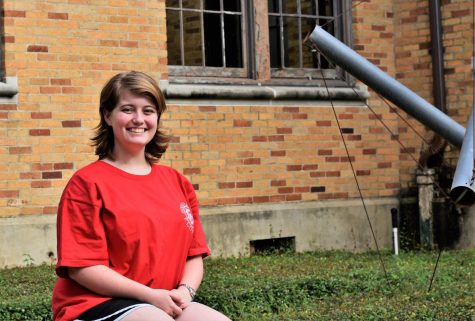Chicago County Property Tax Divide
After a year-long investigation, The Chicago Tribune has found that the tax assessments of residential homes in Chicago counties have been completely wrong for many, causing intense grief and tension within Chicago communities, and the credibility of the property tax system has been looked at with doubt and caution.
Chicago is a city that has been divided by class and race, but there has been another underlying reason to cause tension for the residents of Chicago. In an almost reverse Robin Hood setting, tax properties have been benefiting the rich and hurting the poor for years in different Chicago counties.
Property taxes determine if many residents can afford to stay in their homes or not. Not only are they mandatory, but they must stand up to certain standards so they are fair to everyone regardless of race or class. However, Assessor Joseph Berrios “resisted reforms and ignored industry standards,” allowing his office to produce unfair values that helped wealthy, white communities and hindered the poor working class.
The Chicago Tribune investigated over 100 million property tax records from the years 2003 to 2016 in different counties within Chicago.
The Tribune found that working class counties, such as North Lawndale and Calumet City, were overcharged on property tax bills that reflected that their homes were worth more than they actually were. Wealthy, white Winnetka and Gold Coast counties caught a “break” by having property taxes that did not reflect the full value of their homes.
For property taxes to be relatively understood in every city, there is an effective tax rate that should be the same for everyone living in a single taxing district. But due to the unfair property taxes that the residents of Chicago are going through, the residents living in poorer areas pay more than residents in wealthier, whiter communities.
Chicago’s assessor’s office claimed that it does not check its own work for accuracy nor does it check for fairness for it is not the standard.
The assessor’s office believes that the valuation and uniformity of opinions formed by the Tribune are flawed. Where there is doubt on the property tax system, there is also doubt on whether the Tribune’s findings are sufficiently credible.
Berrios, who came into office to be assessor in 2010, has declined all interviews for his office and “strongly disagreed with the Tribune’s findings.” The assessor’s office told the public that they had been using a new state-of-the-art computer model to improve accuracy and fix any persistent inequities, but from the Tribune’s examination, that was not the case.
In 2015, it still showed Berrios continued to use the old, faulty model.

Claire Foster came to Delta State from Biloxi, Miss., in order to pursue a career in teaching history. She is a member of Phi Theta Kappa, an honor society,...


